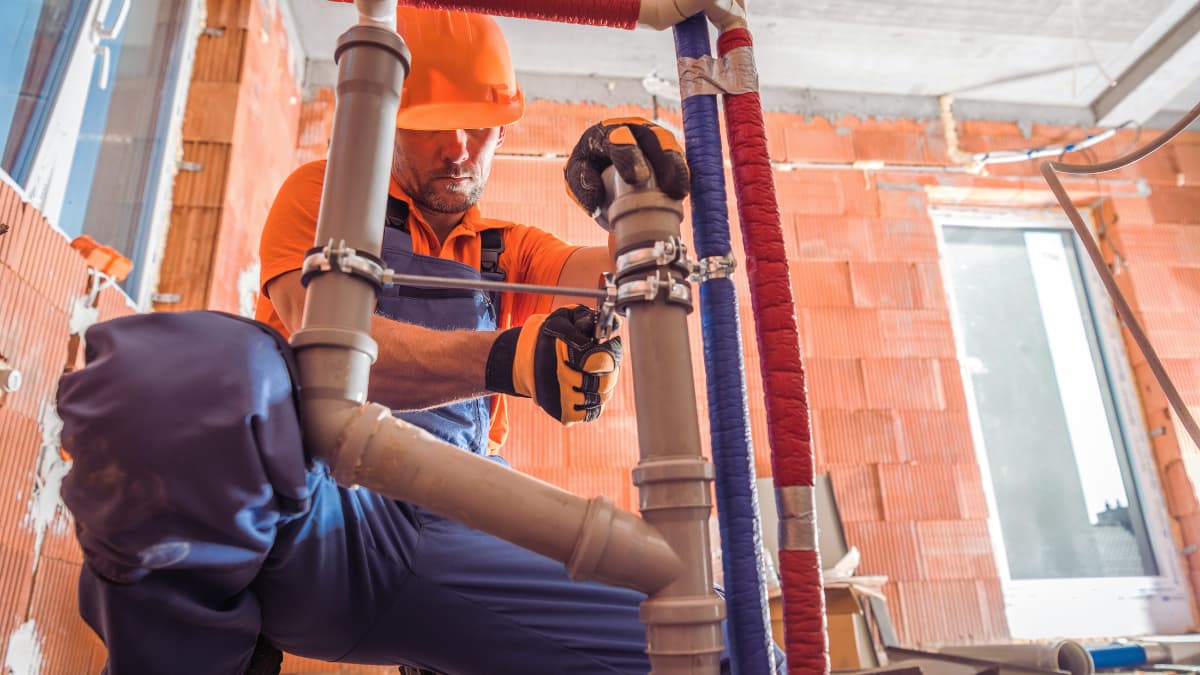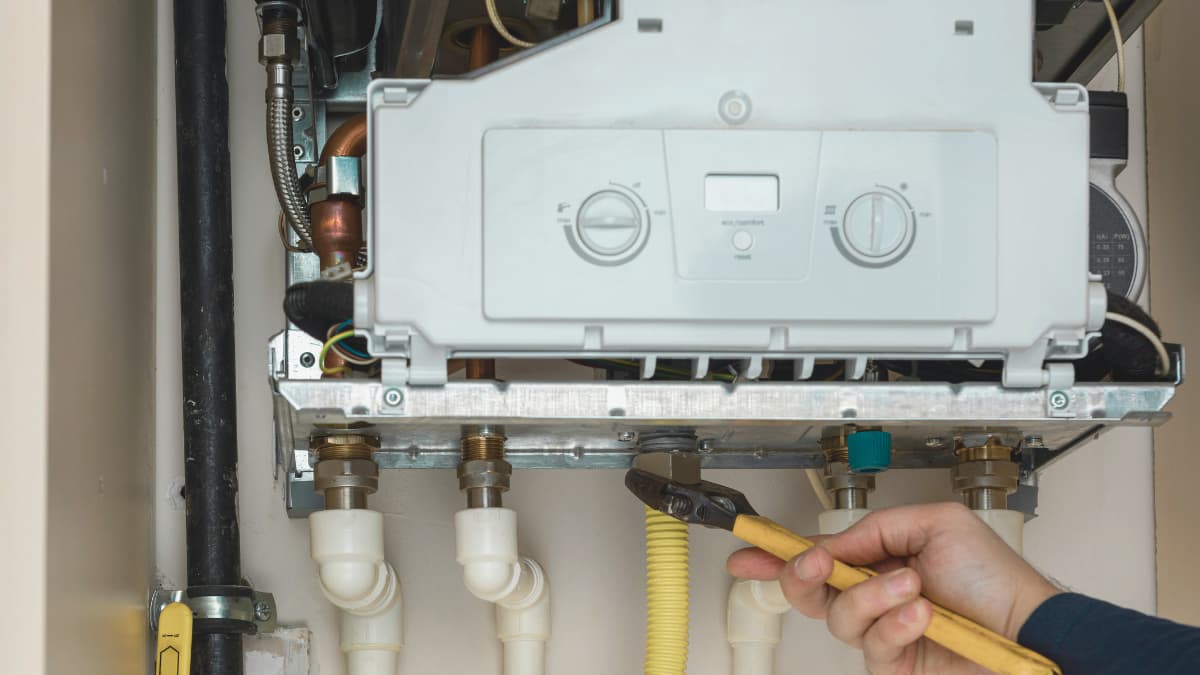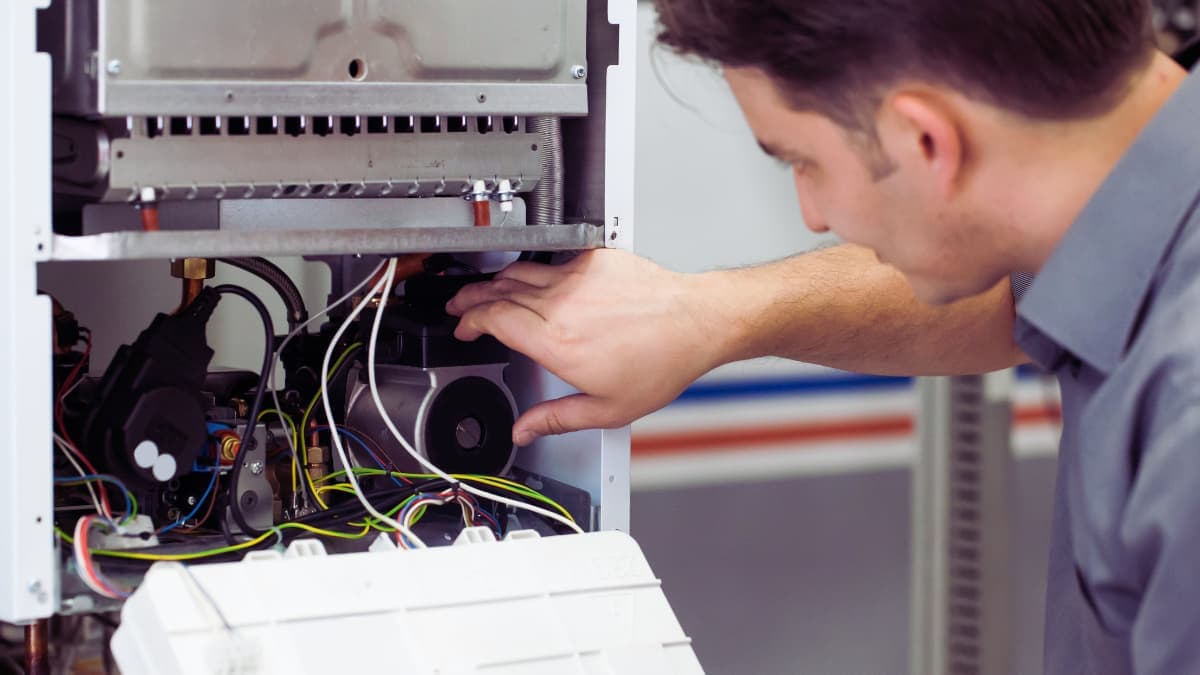Plumbing is a trade built on practical skills, problem-solving, and attention to detail. Whether it is fitting a new system or fixing a leak, these are services people rely on every single day.
For anyone considering a career as a plumber, it is reassuring to know that the core skills of the trade remain in high demand. Homes, businesses, schools and building sites across the country all need qualified professionals to keep water systems safe and working correctly.
At Staffordshire Training Services, we help learners develop practical skills that translate into real-world applications. Below are some of the key abilities that every successful plumber develops, and why they remain important.
Core Skills That Every Plumber Needs
Every plumbing job begins with a strong foundation. These are the basic, day-to-day tasks that apply across all settings:
- Measuring and cutting pipework to fit
- Installing taps, toilets, sinks and showers
- Connecting cold and hot water systems
- Understanding system layouts and drainage
- Carrying out safe and accurate repairs
These tasks require precision, care and confidence. Whether you are working on a new build, a commercial job or a domestic callout, these skills remain at the heart of the role.
Problem Solving And Practical Thinking
Plumbers are often called in when something has gone wrong. Being able to identify a problem and find a safe, effective solution is one of the most valued aspects of the job.
This includes:
- Identifying leaks, blockages or flow issues
- Adapting installations to suit existing pipework
- Finding solutions that follow best practice and regulations
This practical thinking cannot be automated or replaced. It is a skill developed through experience, training and a solid understanding of the systems behind the work.
Clear Communication On Every Job
Plumbers work in real-world environments, often in people’s homes or on busy job sites. That means being able to explain the work, staying professional, and communicating clearly with others.
Practical communication skills include:
- Explaining issues or work required to customers
- Working alongside other trades and site managers
- Taking instructions and updating progress on the job
The most trusted plumbers are not only skilled with tools, but also easy to work with. That reputation matters, especially for those building a long-term career or self-employed business.
Awareness Of Safety And Regulations
Working with water and heating systems requires adhering to strict safety procedures. Plumbers must stay up to date with building regulations and legal standards, particularly where installations affect health and hygiene.
This includes understanding:
- The Water Supply (Water Fittings) Regulations 1999
- Approved Document G for sanitation and hot water
- Site safety rules and personal protective equipment
Plumbers who are trained in the correct methods will not only work more safely but will also be trusted with more complex or high-value jobs.
Specialist Skills That Add Value
As you progress in your plumbing career, adding extra skills can open up new job types and increase your earning potential. These include:
- Installing unvented hot water systems (known as G3)
- Conducting legionella prevention and water treatment work
- Carrying out water regulations assessments
- Working with LPG or off-grid systems
- Supporting energy-efficient and renewable heating systems
Many of these skills can be developed through short, accredited courses. They help plumbers expand their service offering and stand out in the market.
Training That Builds The Right Skills
No one is born knowing how to install a heating system or fit a soil stack. These are learned, hands-on skills developed through proper training, guidance and experience.
At Staffordshire Training Services, our plumbing courses are designed to help you build confidence and competence in a supportive, real-world setting.
Training includes:
- Practical workshops with tools, fittings and working systems
- Theory lessons covering regulations, safety and system design
- Assessment and feedback from experienced plumbing tutors
- Portfolio building and evidence of on-site learning (for NVQ learners)
Whether you start with the Diploma, move on to the NVQ, or take on further specialist courses, we are here to help you gain the skills the industry continues to rely on.
A Trade That Keeps Delivering
Plumbing is not just a valuable skill; it is a profession that provides steady work, good earnings and the satisfaction of solving real problems. As homes and buildings continue to age, develop and change, the demand for practical, safety-focused plumbing skills remains as strong as ever.
Train well, stay up to date, and there will always be a place for your skills in the trade.
Related Articles
- Training for a Career as a Plumber
- Is Plumbing a Good Career In 2025
- NVQ Vs Diploma In Plumbing
- Water Regulations and Why They Matter for Plumbers
Prefer an AI Summary?



